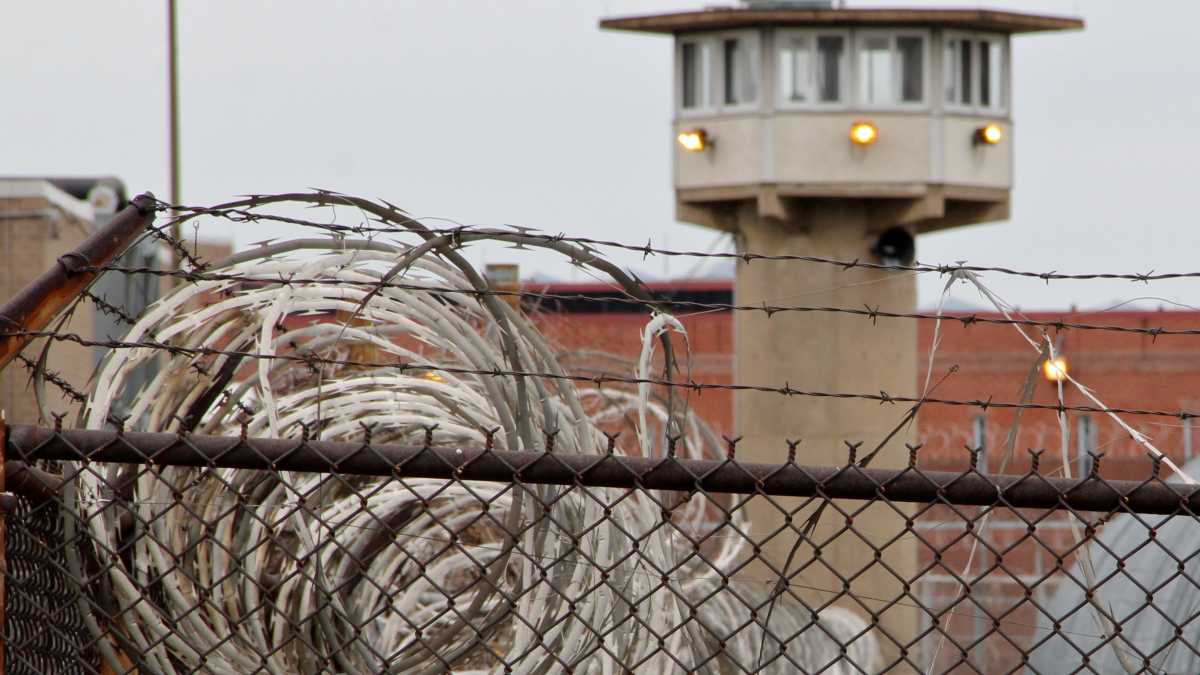N.J.’s jail population dropped 10 percent in two months after it scrapped cash bail
Listen
(Newsworks file)
In the first two months of this year, as New Jersey’s new criminal justice system took shape, the state’s jail population dropped by 10 percent.
There was no sudden outflow of inmates from New Jersey jails.
Instead, the state’s elimination of cash bail for most defendants at the start of 2017 has resulted in a much higher percentage of criminal defendants being released from custody before trial.
In January and February alone, according to the state judiciary, 4,955 people were arrested for low-level crimes in New Jersey, brought before a judge, and released pending trial.
Another 876, deemed too risky to be allowed back into the community, were sent to jails across the state, where they will remain until they appear before a jury.
This is the new face of criminal justice in New Jersey, where cash bail is virtually gone and defendants are either released before trial or kept in jail if they pose a danger to the public or a risk of skipping trial.
“As with any roll-out of a new system, there are minor tweaks and adjustments,” said Judge Glenn Grant, acting administrative director of the N.J. court system, “but overall I think the system has worked as intended.”
Grant said it never made sense to use cash bail to determine whether criminal defendants should be released from jail, because a person’s wealth did not determine how risky a criminal they were.
For example, a poor, nonviolent defendant might be unable to make even modest amounts of bail but pose no risk to the public. While a rich, dangerous defendant could easily pay a high price to get out of jail.
The new system, Grant said, fixed that.
“We’re no longer arguing about [the bail] number,” he said. “Now we’re engaging in an honest conversation as to [whether an] individual is a serious risk and we should pretrial detain that individual, or that person should be released.”
But criminal justice advocates supportive of the new paradigm said that there are still bumps in the system that need smoothing out.
ACLU-NJ senior staff attorney Alexander Shalom argued that detention hearings, which replaced bail hearings and are where judges decide whether to release or jail someone, should give defendants more of a chance to defend themselves.
“You’re detained until trial or you’re otherwise released. There’s no ability to get out,” said Shalom, referencing the elimination of cash bail. “Therefore the stakes are higher. And we think the protections need to be higher.”
Shalom and the state public defender’s office earned a major victory in February, when a panel of appellate judges decided in State v. Robinson that defendants were entitled to see more of the evidence against them before a detention hearing.
But the state Attorney General and county prosecutors prevailed in the State v. Ingram decision, which said that the state does not need to produce live witnesses (such as the arresting officer) at detention hearings.
Both decisions are being appealed to the state Supreme Court.
Many of the five thousand defendants released pretrial are under the supervision of the state’s new pretrial services division, which conducts periodic check-ins with defendants and keeps tab on a few using GPS monitoring. (The lowest-level defenders are simply released on their own recognizance.)
Judge Grant said the state judiciary is still collecting data on how much defendants are complying with the terms of their release, but he said some pretrial services employees have told him that people are thrilled to be out — instead of in jail — while they await trial.
“I will tell you a little anecdotal comment we got. Some [defendants] were calling in weekly when they weren’t obligated to call in weekly, because they wanted to tell the staff how well they were doing while they were out on release.”
WHYY is your source for fact-based, in-depth journalism and information. As a nonprofit organization, we rely on financial support from readers like you. Please give today.




